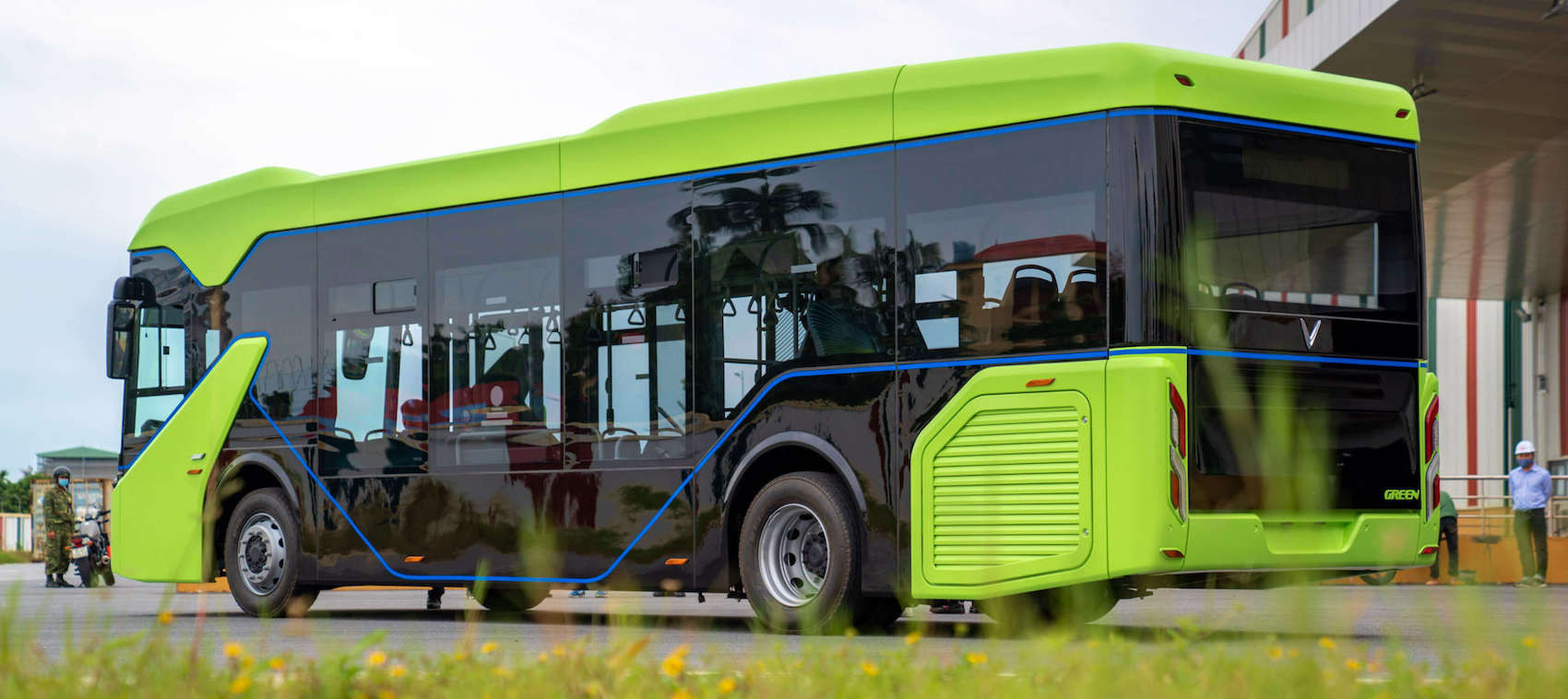
To achieve the goal of becoming a Net Zero city, Hanoi should encourage and invest in the transition of transportation vehicles to electric (cars, motorcycles, buses) and move towards enacting mandatory regulations on electric vehicle quotas.
Dr. Nguyen Hoai Nam, Deputy Director of the Institute of Energy Science and Environment, has proposed measures for Hanoi to mitigate greenhouse gas emissions.
He noted that through the Net Zero Tracker initiative by the University of Oxford, 240 cities have set official targets for achieving net-zero emissions. Among them, 60 cities aim for zero emissions or carbon neutrality.
“For example, Australia’s Melbourne announced in 2021 a plan to reach zero greenhouse gas emissions by 2040, while Sydney aims for carbon neutrality by 2035. In the United Kingdom, there’s a target to reduce carbon emissions by 78% by 2035, aiming for zero emissions by 2050,” Dr. Nam shared at a recent national scientific conference titled “New Vision, New Opportunities for Building a Civilized, Modern, and Global-Connected Capital City of Hanoi.”
Hanoi must accelerate its transition to electric vehicles.
According to Dr. Nam, Hanoi is particularly vulnerable to the impacts of climate change, such as flooding and urban heat islands.
The primary challenge for Hanoi is urban flooding caused by heavy rainfall and poor drainage capacity, exacerbated by rapid urban development in low-lying areas. Urban heat islands also contribute to extreme rainfall and increasing heatwaves in the region.
The city’s economic and social sectors face various negative impacts from climate change. Infrastructure poses another challenge for Hanoi, as the city’s facilities are lagging behind, hindering economic, social, and sustainable development.
Additionally, rising temperatures and heatwaves increase the demand for electricity for cooling. The risks associated with climate change, such as environmental pollution and flooding, impose substantial pressure on investments in hospitals and schools, leading to higher recovery costs for production damages sensitive to climate change. This scenario results in increased investment costs, reduced resources, and rising emissions.
Construction, transportation, and tourism are sectors also affected by climate change. Natural disasters such as storms, floods, and tornadoes impact planning, design, and construction processes, increasing the costs of construction projects, Dr. Nam noted.
Importantly, the 2022 inventory results from Hanoi indicated that the energy sector is the largest emitter of greenhouse gases, accounting for nearly 8,071.2 thousand tons of CO2.
Solutions for reducing greenhouse gas emissions
Dr. Nam recognizes that while Hanoi has significant potential for reducing emissions in the energy sector, it also faces many challenges regarding policies for developing renewable energy and using energy efficiently.
He suggests that to implement the emission reduction roadmap, funding and finance are crucial, necessitating strategies for mobilizing and allocating financial resources early on.
Before 2030, Hanoi should focus on implementing several measures, including reviewing and amending policies to attract international investment for climate change mitigation.
Relevant units should collaborate closely to conduct specific studies on implementing carbon credits, not only focusing on management mechanisms and assessments but also ensuring cost-effectiveness in creating carbon credits. This will help meet essential criteria, prioritize tasks, and ensure timely implementation.
“In each phase, building policies for mobilizing and managing financial resources is essential to encourage and enhance participation from businesses and the public in activities related to climate adaptation, reducing greenhouse gas emissions, establishing low-emission communities, and managing resources wisely to protect the environment while promoting sustainable livelihoods,” Dr. Nam explained.
In the transportation sector, Dr. Nam advocates that Hanoi should encourage and invest in the transition of transportation vehicles to electric (cars, motorcycles, buses) and eventually enact mandatory regulations on electric vehicle quotas.
Additionally, he emphasizes the need for policies to shift from personal to public transportation, implement advanced regulations on fuel consumption, and promote the shift of freight transport from roads to waterways and electrified railways.
Furthermore, research into clean fuels such as hydrogen and ammonia should be pursued for potential application when prices are reasonable.
N. Huyen